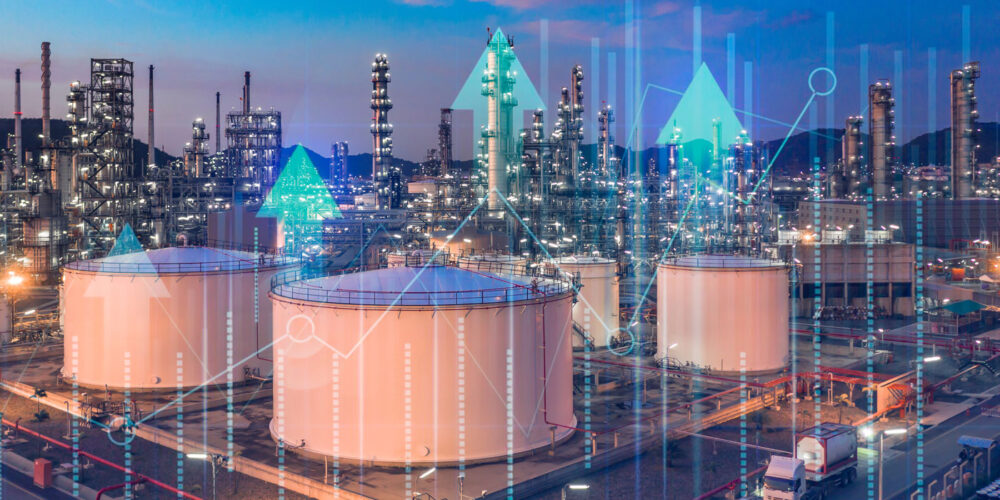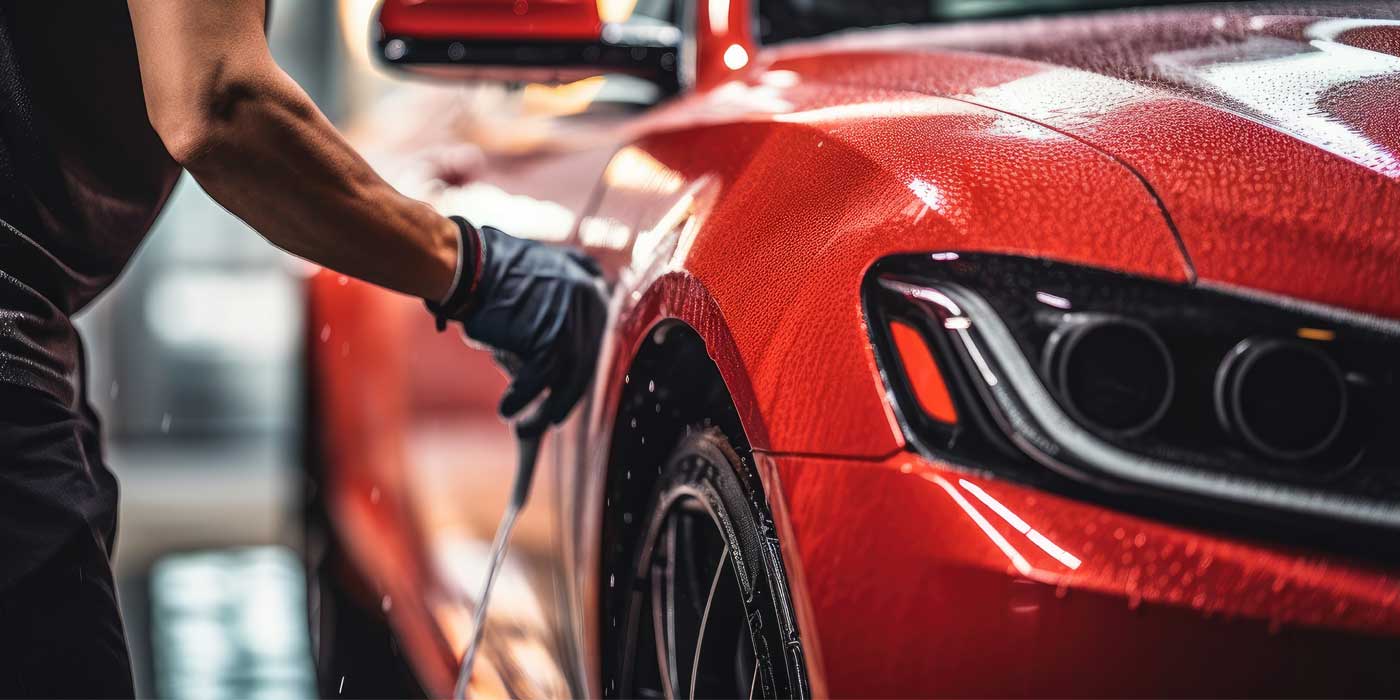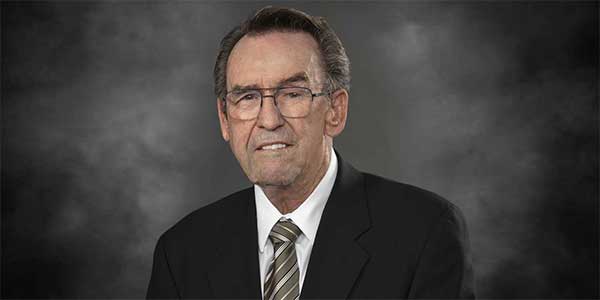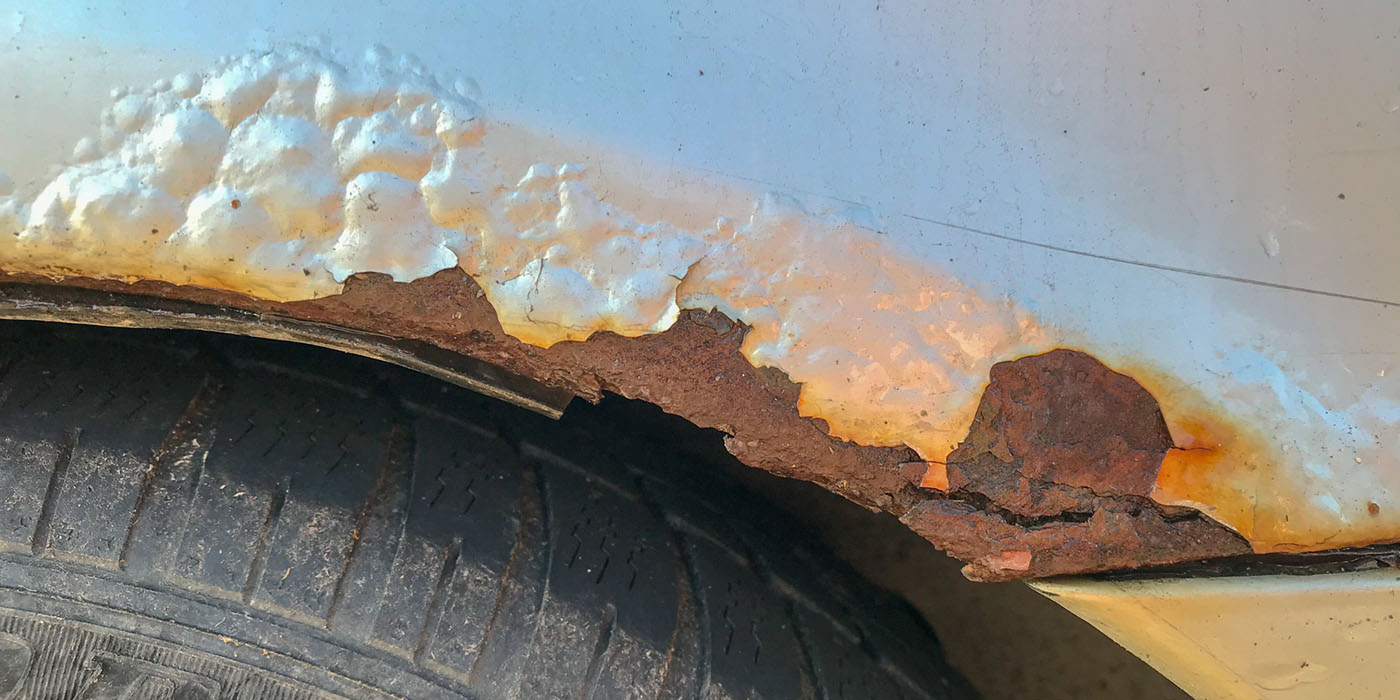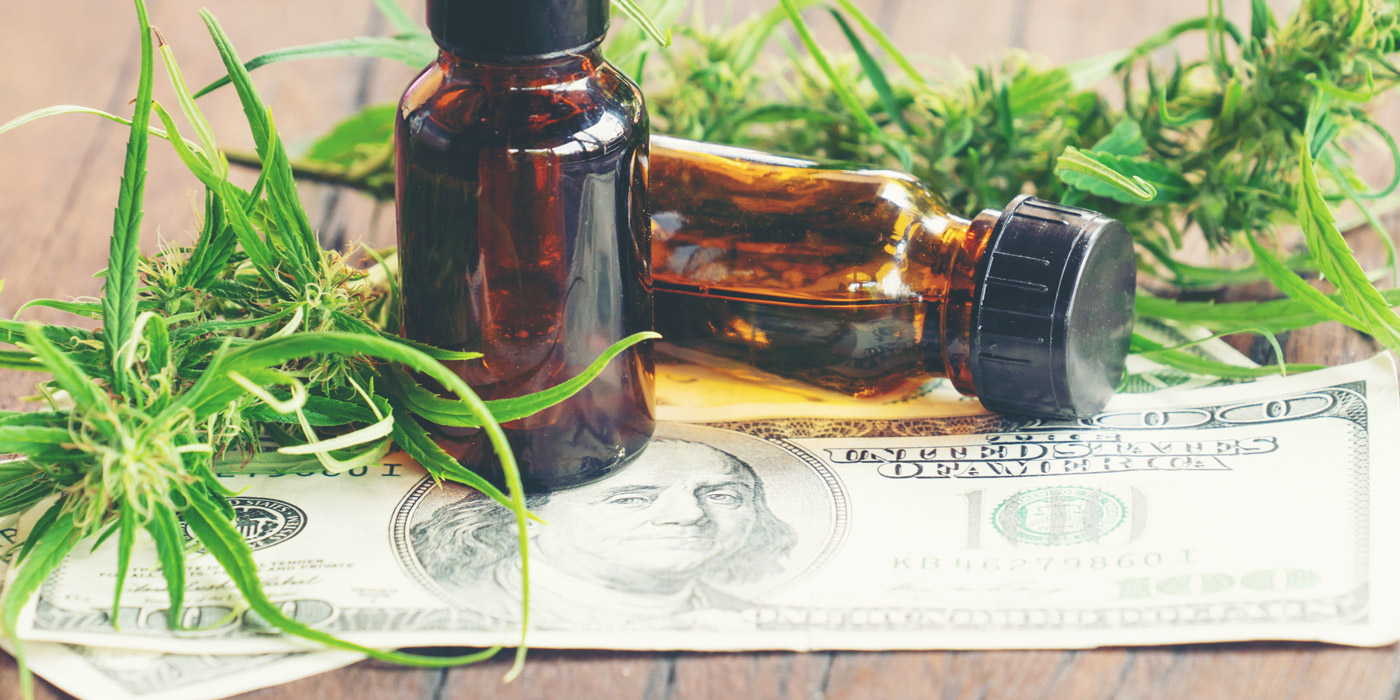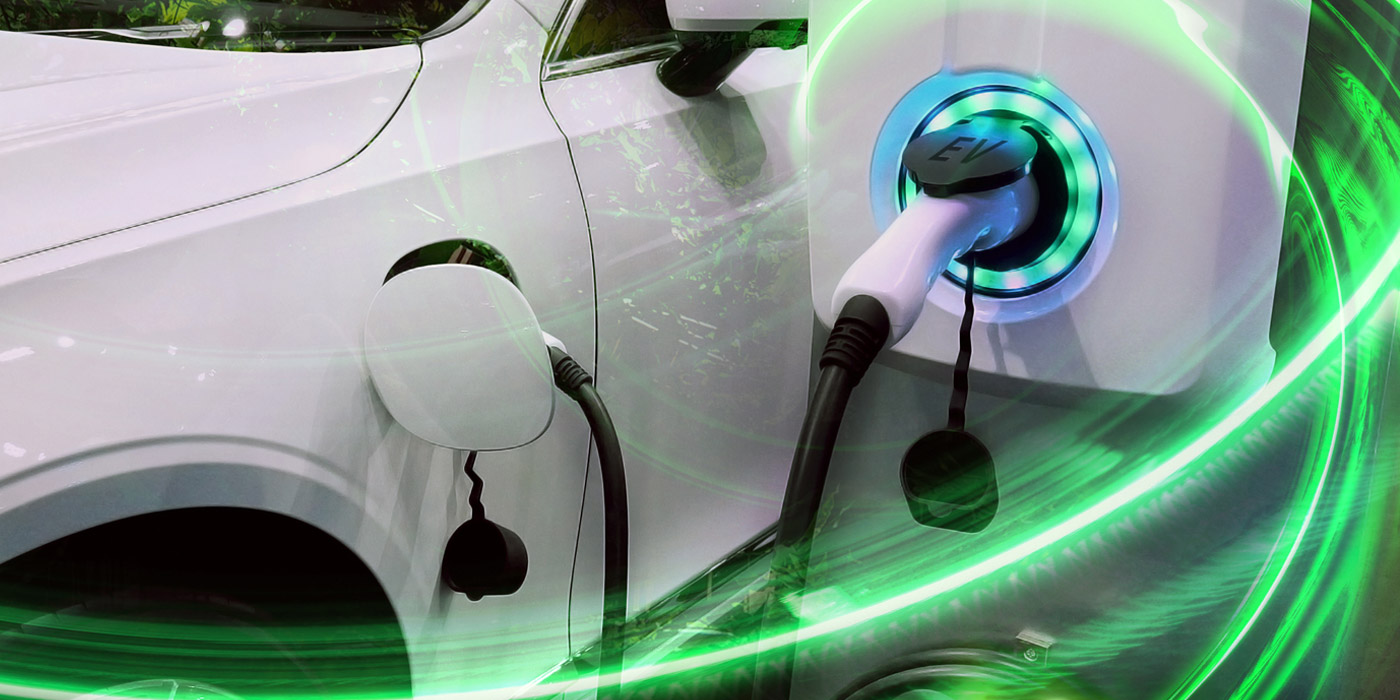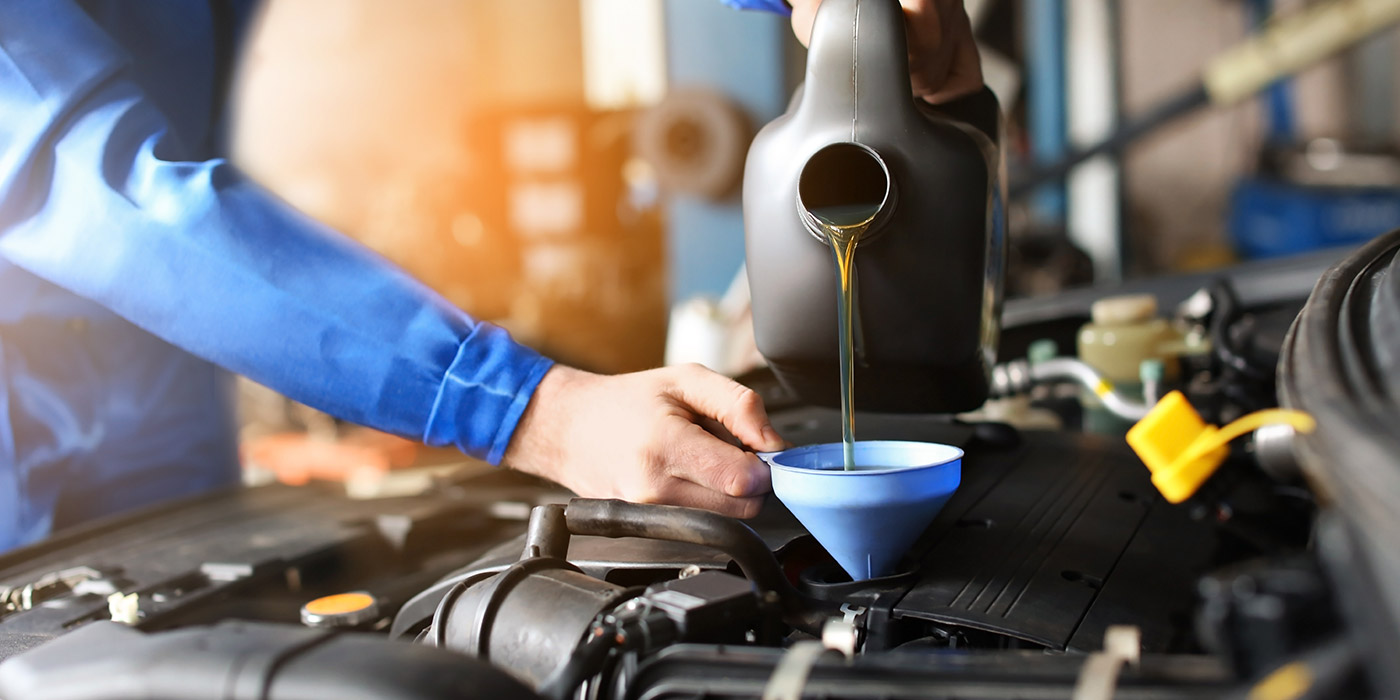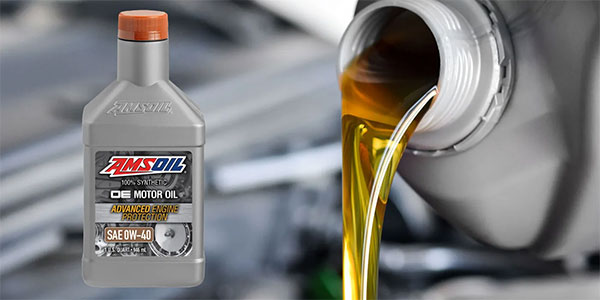he price of gasoline can be confusing. One day, it might seem like costs are decreasing and you plan to fill up in the next few days, only to be met with higher prices out of seemingly nowhere. While they might seem to change for no reason, there are several reasons why the cost could fluctuate — and why it might be impossible to predict for the rest of the year.
As a professional, you want to guide your customers and clients in a difficult time. While there isn’t much you can do about the gas prices themselves, you can still inform yourself why prices are the way they are and how to help your important customers through a tumultuous time. Here are some things you should know.
Why are gas prices fluctuating?
Gasoline prices could fluctuate for any number of reasons, but one major reason for the cost of anything going up and down is supply and demand. You must understand how the supply and demand of gasoline changes. Depending on the course of world events, for instance, gas prices may skyrocket or drop drastically.
For example, during the COVID-19 pandemic, gas prices were low because people were following mandates to stay home.1 Shortly after the requirements lifted, gas costs spiked due to more people getting out and about, taking vacations, and returning to work. Supply and demand can significantly influence how much gasoline is available and at what price.
The cost of crude oil is only about 50% or slightly more of what you’re paying per gallon.2 The rest goes into taxes and fees for distribution and refining. You might also notice that the price of gasoline fluctuates throughout the year. You can always expect higher gas prices in the summer, as many families take road trips, increasing the gasoline demand.3 You might see people taking fewer trips during a recession, which could drive the price down.
Whether a major recession happens in 2023 could influence how expensive gasoline could be in the coming months. Currently, everything is up in the air, which may be why costs continue to fluctuate. There’s no way to predict gas prices with 100% certainty. Instead, you should learn how to prepare for the worst while expecting the best. Then, you can pass that advice on to customers.
How drivers can make the most of their gas tank
One of the best ways to prepare for a recession is to know how to handle your gas tank. If prices rise, you may not be able to fill up as frequently as you’re used to, so your primary hope is to know how to make the most of your gas tank. Here are a few tips to keep you and your customers on track.
Avoid aggressive driving
Driving safely on the road can impact how much you spend on gasoline. When you drive recklessly and jerk around the road, you increase your fuel consumption. Careless driving can lower your gas mileage by up to 30%, so it pays to be safer on the highways and backroads.4 Try to take your time on the road. Watch your speed, and you may not see a need to swerve or change lanes recklessly.
Use a credit card
You may not be able to do anything about the gas prices, but you can fill up your tank smartly. Instead of using a debit card or cash at the pump, use a credit card. Making purchases with a credit card should allow you to redeem rewards that can help you elsewhere, like at the grocery store or online shopping. You might be able to get cash back for your gasoline purchases, which can help your dollars go further than you would’ve
imagined.
Carpool more
Consider cutting down to one vehicle in your household and carpooling everywhere you need to go. If you can’t use just one car, try carpooling with neighbors, friends or even coworkers. Carpooling can be a great way to make your commute more bearable while also saving on gas if you’re going to the same place. Less traffic on the roads can also lead to healthier environments for everyone in the community, as the air won’t be as polluted by fumes and noise.5
While you might start carpooling to save on gas, you may notice you enjoy the social and environmental benefits. If you can’t carpool, you could ride a bike, which can get you where you need to go faster while keeping you active.6 Even after gas prices go back down, it might be a part of your life you don’t want to adjust.
Fill up smart
This technique might take some observation, but it can save you cents on dollars that will build over time. You should fill up your gas tank on the cheapest days of the week. Traditionally, Monday is often the cheapest day of the week to get gas, but Friday might be a good option as well. Try to find the gasoline trends in your area and follow them. That way, you can take advantage of the cheapest day to fill your tank.
Get routine maintenance
You don’t need to see something physically wrong with your car to take it to the shop. You should always perform routine maintenance to ensure everything works as it should. If you notice something, get your vehicle fixed as soon as possible. Dealing with the problem as soon as possible can improve your mileage by up to 3%, which can make a difference when you’re trying to save money.7
In uncertain times, provide hope
Your customers might feel down about the rising and falling gas prices. The industry often follows an unpredictable path, leading to much frustration and feelings of hopelessness. You can be an authority that your customers look to for guidance — they come to you for help and you can point them in the right direction.
If you offer them tips on how to maintain their gas mileage better and preserve the well-being of their vehicles, they will be grateful and look to you for guidance in the future. Always prioritize your customers and they will likely stay loyal to you.
Sources:
1 https://aquinas.scranton.edu/2021/03/17/the-pandemic-perk-youll-miss-cheaper-gas
2 https://www.eia.gov/energyexplained/gasoline/factors-affecting-gasoline-prices.php
3 https://www.convenience.org/Topics/Fuels/Changing-Seasons-Changing-Gas-Prices
4 https://bestpass.com/resources/savings-guide/routes-and-fuel
5 https://transportation.ucla.edu/blog/5-environmental-benefits-sustainable-transportation
6 https://modded.com/3-smart-ways-to-green-your-daily-commute
7 https://www.fueleconomy.gov/feg/maintain.jsp
Oscar Collins is the founder and editor-in-chief of Modded, where he writes about cars, car trends and auto news. Follow him on Twitter @TModded for frequent updates on his work.

